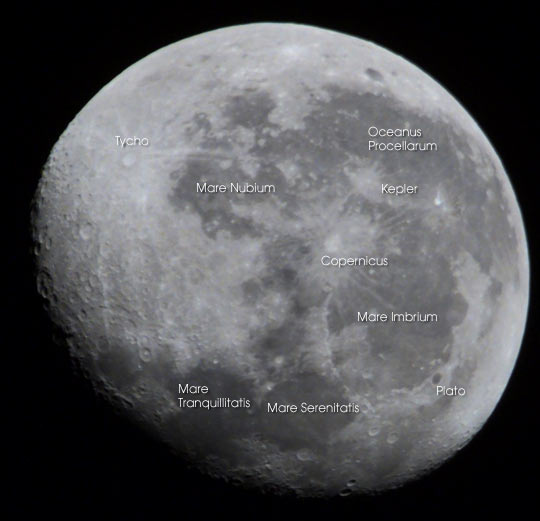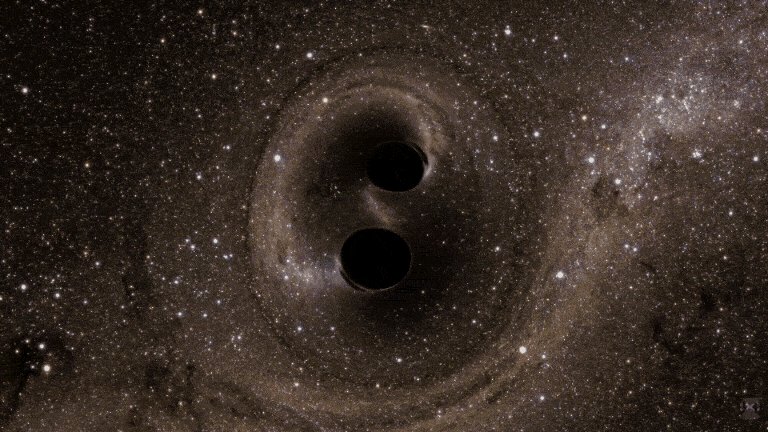
Blue Moon Rising: See Two Full Moons in August

Get the world’s most fascinating discoveries delivered straight to your inbox.
You are now subscribed
Your newsletter sign-up was successful
Want to add more newsletters?

Delivered Daily
Daily Newsletter
Sign up for the latest discoveries, groundbreaking research and fascinating breakthroughs that impact you and the wider world direct to your inbox.

Once a week
Life's Little Mysteries
Feed your curiosity with an exclusive mystery every week, solved with science and delivered direct to your inbox before it's seen anywhere else.

Once a week
How It Works
Sign up to our free science & technology newsletter for your weekly fix of fascinating articles, quick quizzes, amazing images, and more

Delivered daily
Space.com Newsletter
Breaking space news, the latest updates on rocket launches, skywatching events and more!

Once a month
Watch This Space
Sign up to our monthly entertainment newsletter to keep up with all our coverage of the latest sci-fi and space movies, tv shows, games and books.

Once a week
Night Sky This Week
Discover this week's must-see night sky events, moon phases, and stunning astrophotos. Sign up for our skywatching newsletter and explore the universe with us!
Join the club
Get full access to premium articles, exclusive features and a growing list of member rewards.
In late August, anyone with clear skies will be able to see a blue moon shining brightly above the horizon.
Of course, the moon doesn't actually appear blue in this event, it's merely the term for the second full moon that occurs in the course of a single month.
The first full moon of August 2012 graces the skies on Aug. 1; for most of the world, the second just barely squeezes in at the end of the month, with the moon becoming full at exactly 9:58 a.m. Eastern Daylight Time (6:58 a.m. Pacific Standard Time), making it a blue moon.
In New Zealand and Russia's Kamchatka region, however, that second full moon will actually occur after midnight on Sept. 1, so they'll have to wait until the next full moon on Sept. 30 for their blue moon.
A blue moon appears the same in the sky as any other full moon, but the moon can appear to be colored under particular atmospheric conditions.
Forest fires and volcanic eruptions can pump smoke and ash into the atmosphere, which can make the moon appear a bluish hue to those standing on the Earth's surface. The 1991 eruption of Mount Pinatubo ejected more than 1 cubic mile (5 cubic kilometers) of material into the air and created blue-colored moons from several perspectives around the globe.
For more skywatching information, check out sister site SPACE.com's Night Sky page.
Get the world’s most fascinating discoveries delivered straight to your inbox.
 Live Science Plus
Live Science Plus











